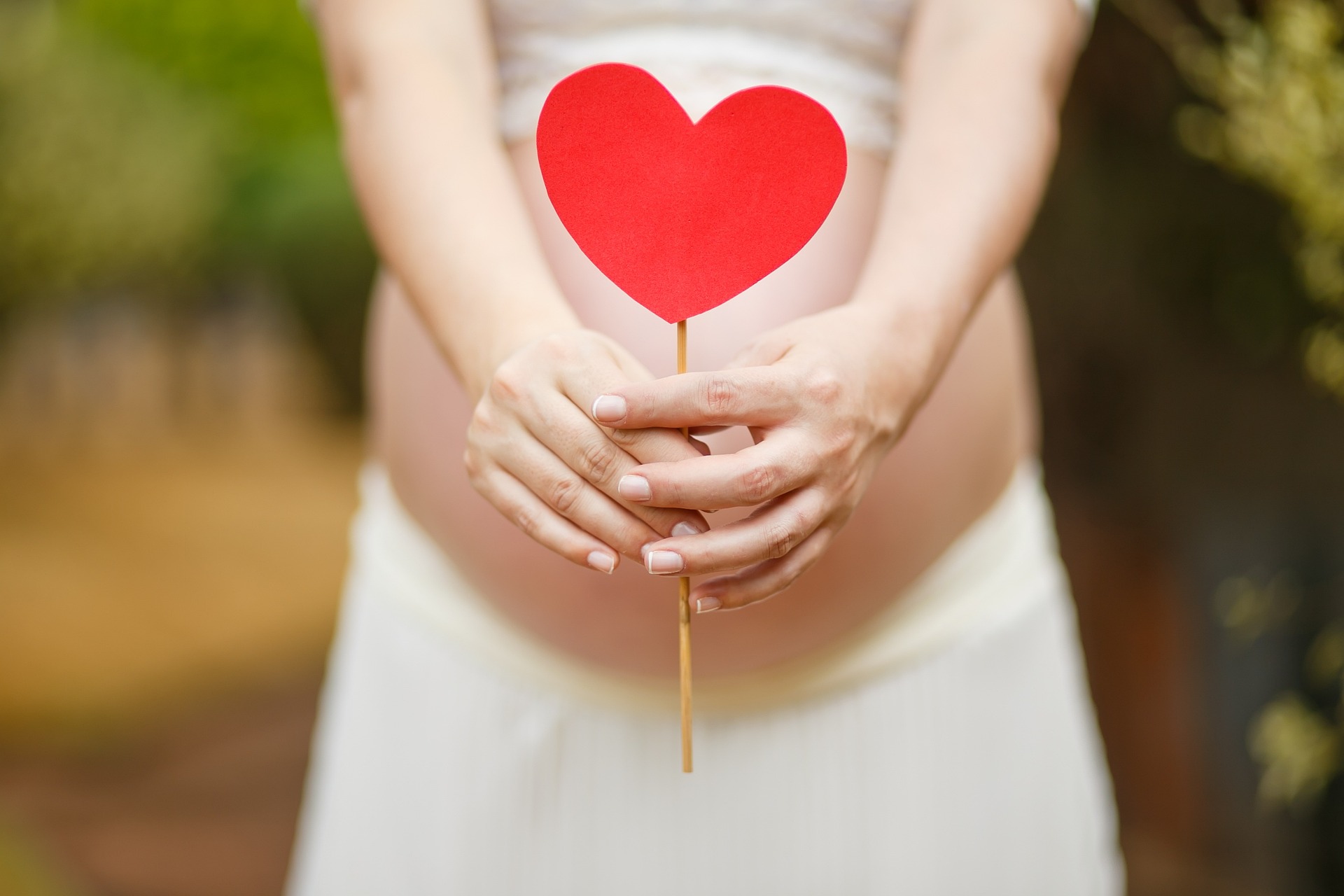A Beginner's Guide to Egg Donation
Egg donation is a process that allows individuals to help others build their families, but understanding how it works can feel overwhelming for those new to the concept. Whether you are considering becoming an egg donor or exploring this option as a recipient, having accurate and clear information is essential. From eligibility requirements and the donation process to potential challenges and outcomes, this guide will provide a comprehensive overview to help you make informed decisions. By exploring the key aspects of egg donation, you will gain insights into what to expect and how to navigate each step with confidence.

What is egg donation and how does it work?
Egg donation is a fertility treatment where a woman (the donor) provides her eggs to another woman or couple (the recipient) who cannot conceive using their own eggs. The process involves stimulating the donor’s ovaries to produce multiple eggs, which are then retrieved and fertilized with sperm in a laboratory. The resulting embryos are transferred to the recipient’s uterus or a gestational carrier.
Who can become an egg donor?
Egg donors must meet specific eligibility criteria to ensure the health and safety of both the donor and the resulting child. Generally, donors should be:
- Between 21 and 34 years old
- In good physical and mental health
- Non-smokers with a healthy BMI
- Free from genetic disorders and infectious diseases
- Willing to undergo medical and psychological screening
Additionally, many clinics prefer donors who have completed some college education and have a clean family medical history.
What is the egg donation process like for donors?
The egg donation process typically involves several steps:
- Initial screening and application
- Medical and psychological evaluation
- Matching with intended parents
- Ovarian stimulation through hormone injections
- Egg retrieval procedure
- Post-donation follow-up
The entire process, from application to egg retrieval, can take anywhere from 3 to 6 months. Donors are closely monitored throughout the process to ensure their health and safety.
What are the potential risks and side effects of egg donation?
While egg donation is generally safe, there are some potential risks and side effects that donors should be aware of:
- Ovarian Hyperstimulation Syndrome (OHSS): A rare condition where ovaries become swollen and painful
- Mood swings and hormonal changes due to fertility medications
- Discomfort and bloating during ovarian stimulation
- Slight risk of infection or bleeding from the egg retrieval procedure
- Potential emotional challenges related to the donation process
Most side effects are mild and temporary, but it’s crucial for donors to be fully informed and prepared for all possibilities.
What are the legal and ethical considerations in egg donation?
Egg donation involves complex legal and ethical considerations that both donors and recipients must navigate:
- Informed consent: Donors must fully understand and agree to the medical procedures and potential risks
- Anonymity vs. known donation: Deciding whether the donor’s identity will be disclosed to the recipient or resulting child
- Legal contracts: Establishing clear agreements regarding parental rights and responsibilities
- Compensation: Ensuring fair compensation for donors without crossing ethical boundaries
- Future contact: Determining if and how donors may have contact with any resulting children
It’s essential for all parties involved to work with experienced legal professionals to address these issues properly.
What can donors expect after the egg donation process?
After completing an egg donation cycle, donors can expect a recovery period and follow-up care. Most donors return to normal activities within a week after the egg retrieval procedure. However, it’s important to note that the experience can vary for each individual.
Post-donation care typically includes:
- A follow-up appointment with the fertility clinic
- Monitoring for any delayed side effects
- Counseling services if needed to process the emotional aspects of donation
Some clinics also offer long-term follow-up to track donors’ health over time. It’s crucial for donors to communicate any concerns or unexpected symptoms to their healthcare providers promptly.
| Aspect of Post-Donation Care | Description | Typical Timeline |
|---|---|---|
| Physical Recovery | Rest and light activity | 1-2 weeks |
| Follow-up Appointment | Check-up with fertility specialist | 2-4 weeks post-donation |
| Hormone Level Normalization | Return to regular menstrual cycle | 1-3 months |
| Emotional Processing | Access to counseling if needed | Ongoing as needed |
| Long-term Health Monitoring | Optional follow-up health checks | Annually or as recommended |
Egg donation is a generous act that can profoundly impact the lives of those struggling with infertility. While the process involves medical procedures and potential risks, many donors find it to be a rewarding experience. Prospective donors should carefully consider all aspects of egg donation, including the physical, emotional, and ethical implications, before deciding to participate in this life-changing process.
This article is for informational purposes only and should not be considered medical advice. Please consult a qualified healthcare professional for personalized guidance and treatment.
The shared information of this article is up-to-date as of the publishing date. For more up-to-date information, please conduct your own research.




